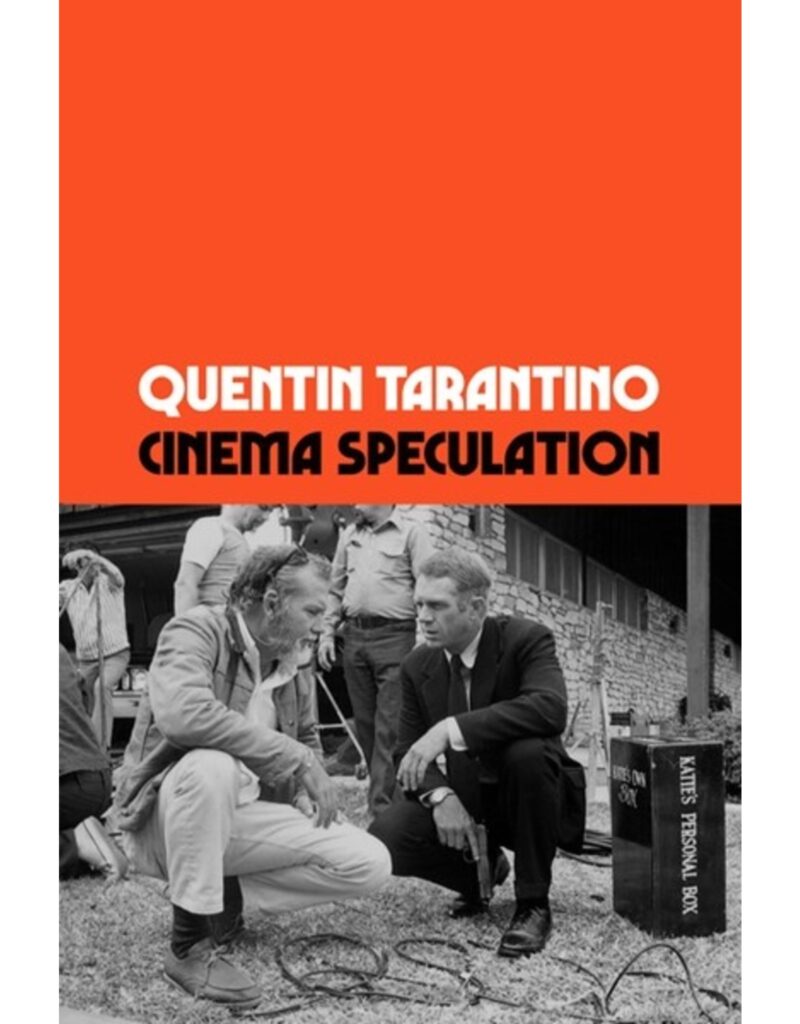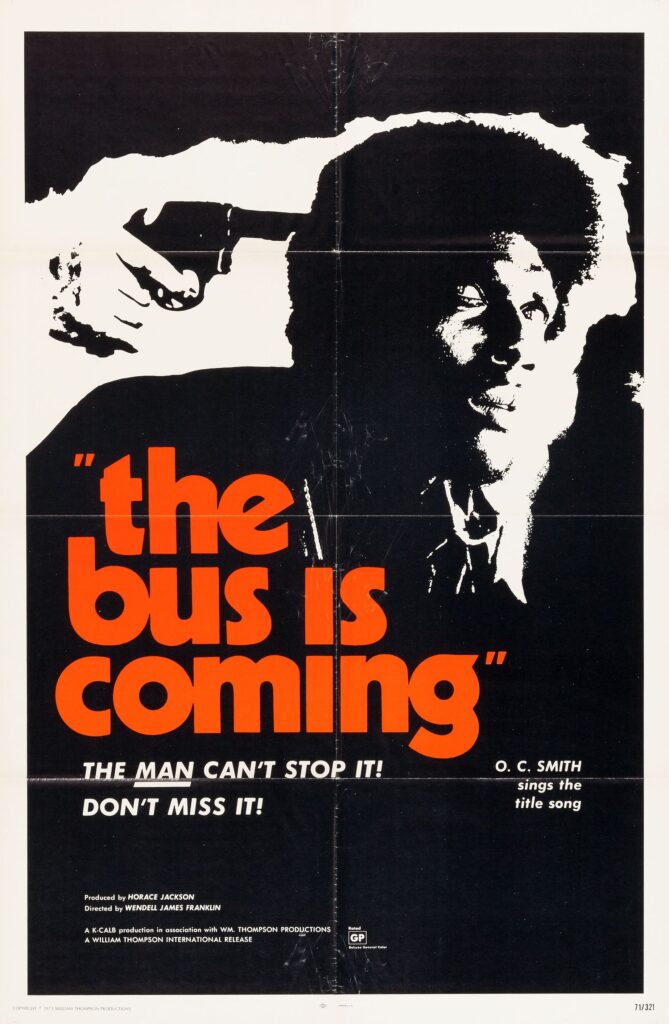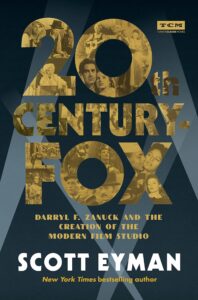
One of the most critically and commercially successful modern directors, Quentin Tarantino stands as one of the most well-known and animated proponents of the Hollywood films of yesteryear. Building upon his own work on his Video Archives podcast and his heavy involvement in the great LA repertory theater New Beverly Cinema, last year Tarantino published his first non-fiction book Cinema Speculation.
The book contains various essays analyzing the movies, stars, and filmmakers that Tarantino saw in his local Los Angeles theaters growing up. Oscar winners, cult classics, big-budget studio flops, and mid-tier efforts from respected directors, the films reviewed run the gambit covering nearly every genre and style popular through the 1970s. Tarantino’s eclectic collection of reviews paints a unique picture of 1970s filmmaking that could never be recreated by anyone who didn’t spend hours upon hours inhabiting 1970s theaters.
Tarantino delves into the star personas of actors like Steve McQueen and Charles Bronson.
Tarantino’s scattershot approach to reconstructing the films of the 1970s is the greatest strength of the book. Tarantino waxes poetic about Steven McQueen’s onscreen persona in Bullit, analyzes Paul Schrader’s obsession with John Ford’s The Searchers through his discussion of Taxi Driver and Hardcore, and devotes an entire chapter to praising Los Angeles Times’ second-string film critic Kevin Thomas (perhaps an inspiration for his upcoming film The Movie Critic?). He covers territory that never would see the light of day in a more scholarly or historically minded analysis of the time period.
Another unique aspect I appreciated in Cinema Speculation is how integral the theatrical experience is. Beyond just listing what theater Tarantino saw each film in and detailing the audience’s reaction, his own interpretation of it decades later relies so much on that first experience with the film.
A humorous story detailed in the book concerns a young Quentin going with his mom’s adult friend to the predominantly black-going movie theater. Watching a double bill of a social issue drama The Bus Is Coming and a Jim Brown, blaxploitation flick Black Gunn, a teenage Quentin became mesmerized as the audience members screamed obscenities at the screen making fun of the serious-minded picture and howled in delight as Jim Brown guns down the mob with a sawed-off shotgun. Although he admits neither of these films is anything special, Tarantino lauds watching Jim Brown in a raucous black-owned cinema in 1972 the most energetic viewing he hopes to create when making his own movies.
A 1972 double feature that sparked the enthusiasm of a young Quentin
For better or worse, his opinions come across as free-flowing and unedited, not afraid to go against conventional wisdom or praise what others would most likely dismiss as trash. Even as someone not too familiar with many of the films covered and not versed enough in the time period to develop my own strong opinions, hearing a passionate Tarantino proved endlessly fascinating, keeping my full attention even if I had no idea what character actor he was praising. For some this more free-wheeling approach might be a turn-off, especially if they tend to dislike Tarantino or his films.
Coming away from Cinema Speculation, I wish more creatives would publish their own long-winded musings of the classic-era films without feeling the need to edit out or tone down their own personal biases. While I do rather enjoy a good scholarly analysis of important films, reading an off-the-cuff approach infused with so many unabashed personal opinions proved to be turn-paging fodder that reinvigorated my own passion for film. I’d especially love to find books with a similar approach to old classic-era studio films or silents as well that aren’t afraid to question or uncover less-than-glamorous films.
If you pick up a copy of Cinema Speculation, you’ll find some fascinating criticism that makes you rethink an actor or director. You’ll find some baffling takes and preposterous ideas. And that’s part of the fun.
Unless you despise Tarantino or have an aversion to New Hollywood films, I’d highly recommend giving Cinema Speculation a whirl to experience a one-of-a-kind mix of thoughtful criticism and tangential musings from a lover of art and trash.
This is my second of six reviews for the 2023 Classic Film Reading Challenge sponsored by Raquel Stecher of Out of the Past. Make sure to subscribe to my email list to get my next summer reading challenge review straight to your inbox:








I was on the fence about this one but I do love to read what creative people think of film especially when it’s done in an introspective or non-scholarly manner. I agree there should be more books like that! Thanks for your review.